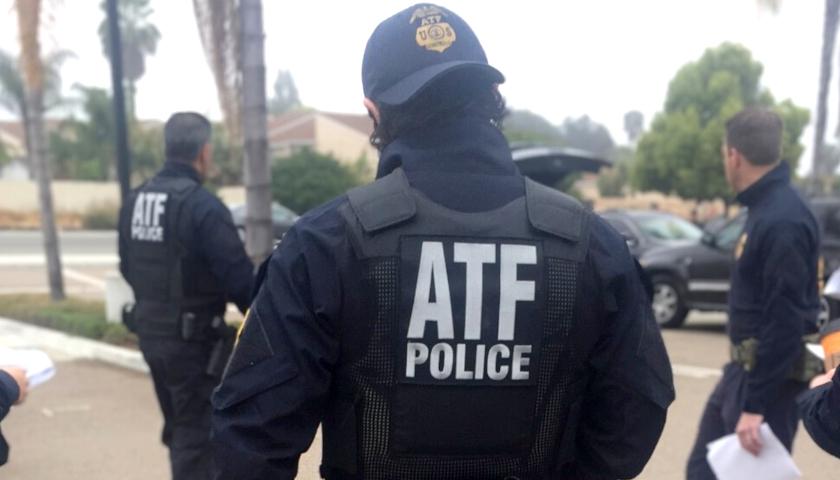The Florida Supreme Court announced it will hear a case that could potentially make it harder to sue cigarette companies.
Florida’s high court decided to hear the case after the 1st District Court of Appeals overturned a verdict in a 2006 class-action lawsuit, which found individuals had the ability to sue cigarette companies for potentially misleading information regarding the dangers of smoking.
John C. Price, who started smoking at age 12 and died at 74 of chronic obstructive pulmonary disease, had $6.4 million awarded to his estate in the Engle progeny case against R.J. Reynolds Tobacco Co.
An “Engle progeny” case was a categorization of cases stemming directly from the original 2006 case.
The 1st District Court of Appeals overturned the decision due to R.J. Reynolds pointing out the jury should have been able to weigh evidence showing Price was relying on concealed or omitted information from the tobacco company. The jury would then have had to consider if Price’s actions would have changed if the omitted dangers of smoking were included.
However, a brief filed at the Florida Supreme Court said three other district level courts did not require such proof.
“As three other appellate courts recognize, because of the unique nature of the concealment conspiracy by the Engle defendants (tobacco companies), the progeny plaintiffs are not required to prove that they relied upon any specific misleading statements to establish their fraud-based claims,” the estate’s brief said. “Rather, it is sufficient that the smoker was misled by the Engle defendants’ concealment of what they knew about the dangers and addictiveness of their product.”
With the Florida Supreme Court stepping in, it will also resolve the issue for the estate and family of Lois Stucky, who died at 52 due to lung cancer, and also provide clarity regarding punitive damages against R.J. Reynolds. An Orange County, Fla. jury awarded Stucky’s family $16 million in punitive damages, but the 5th District Court of Appeals said $16 million was “excessive.”
Attorneys for the Stucky estate have argued large punitive damages have been upheld in prior lawsuits but are based on a relationship to compensatory damages.
“Like pornography, which is not susceptible of easy definition but is identifiable upon viewing, a punitive damages award of 106.7 (or 53.3) times the compensatory award is, in our mind, excessive and thus is unsustainable under state law,” the panel said in its October ruling.
The $16 million in punitive damages was awarded with $150,000 in compensatory damages.
– – –
Grant Holcomb is a reporter at the Florida Capital Star and the Star News Network. Follow Grant on Twitter and direct message tips.





